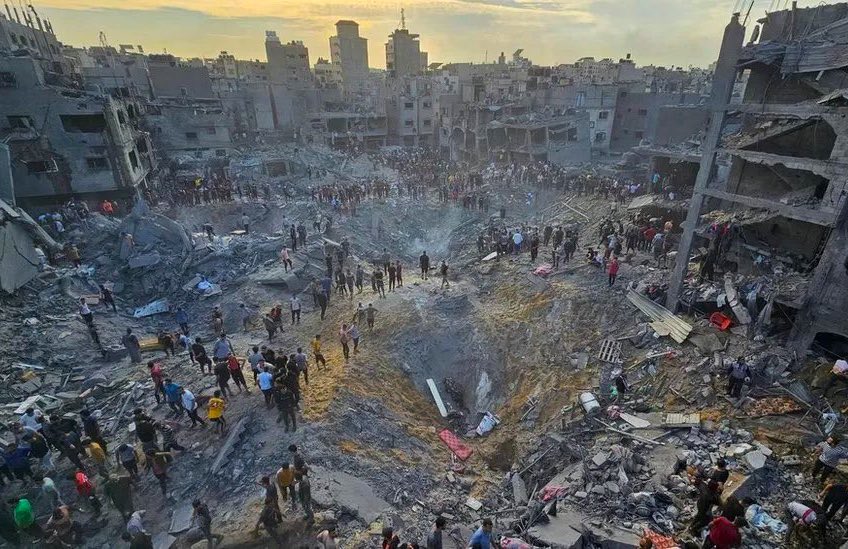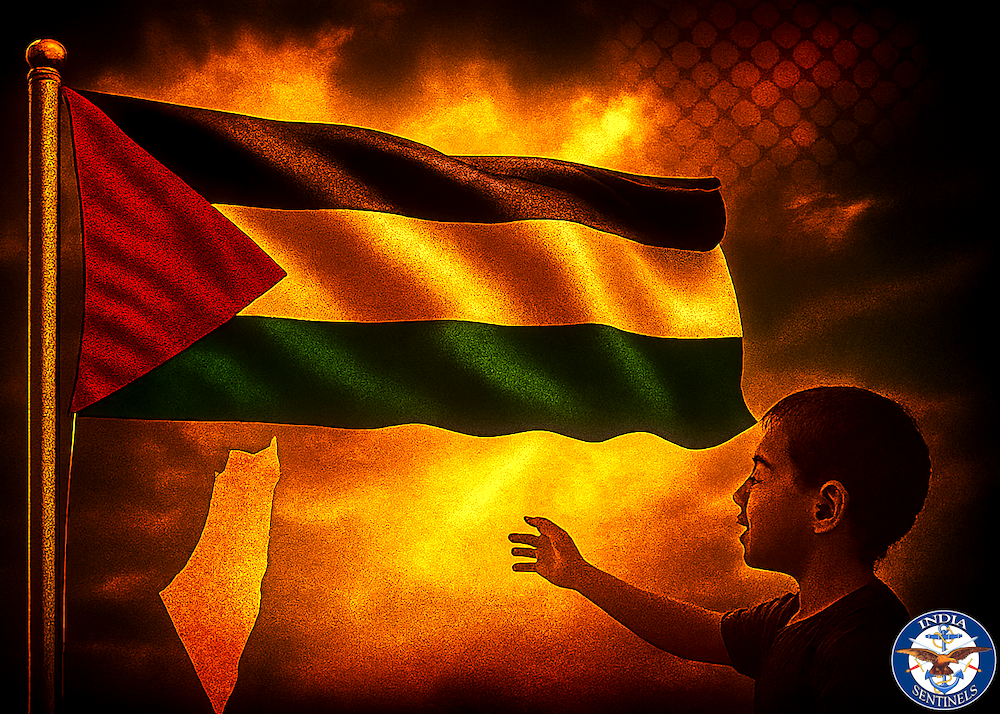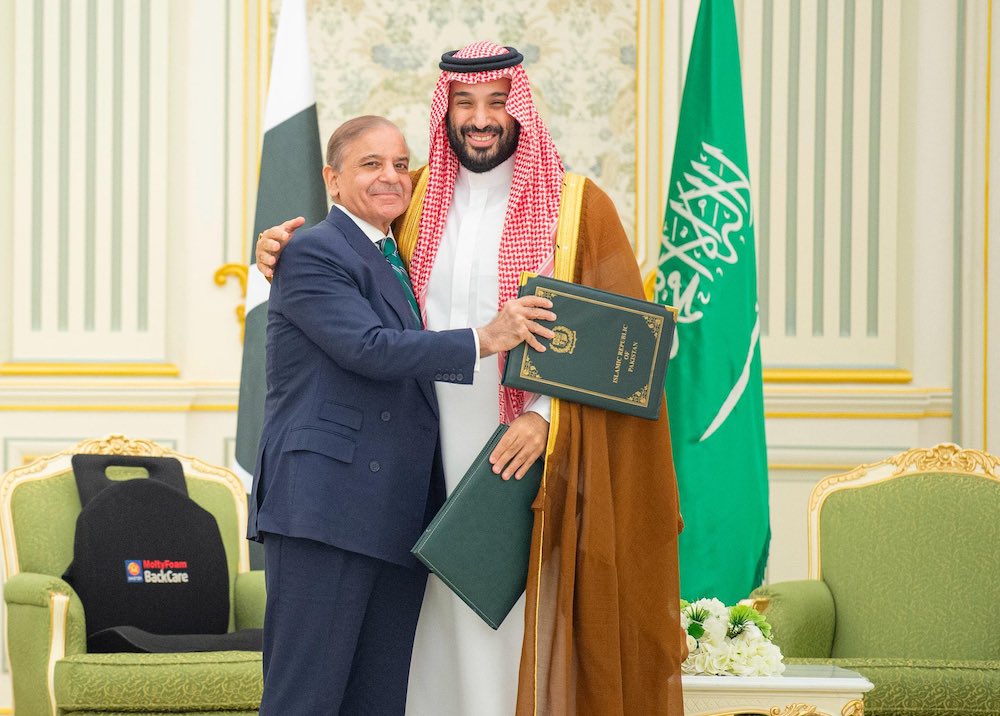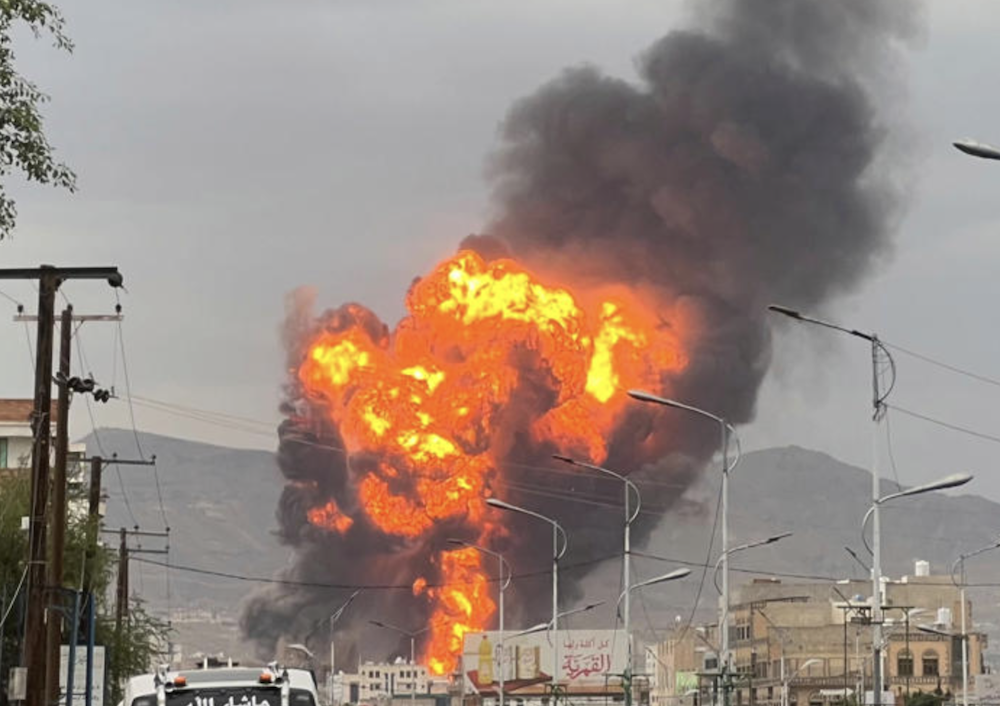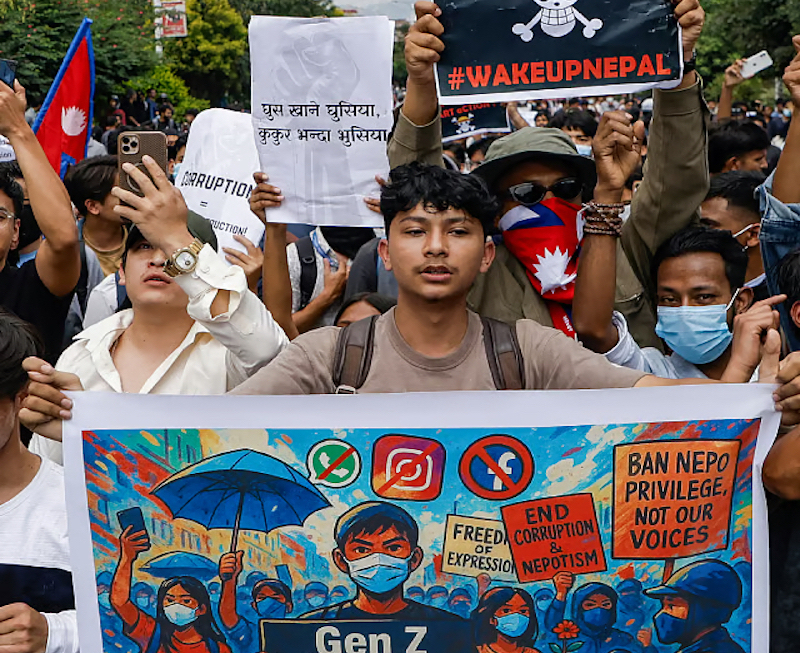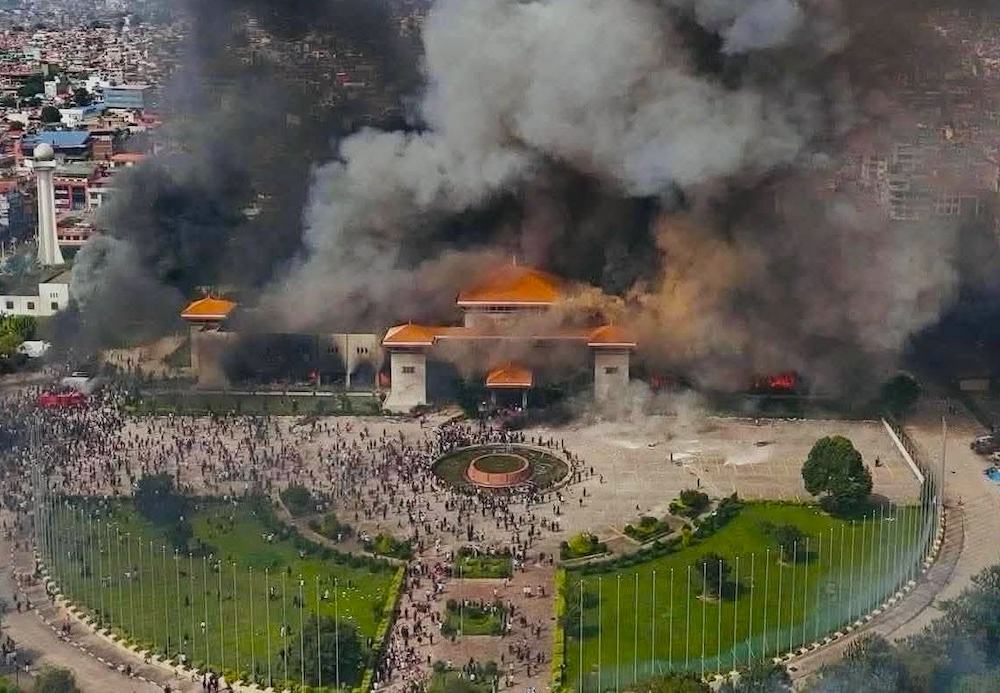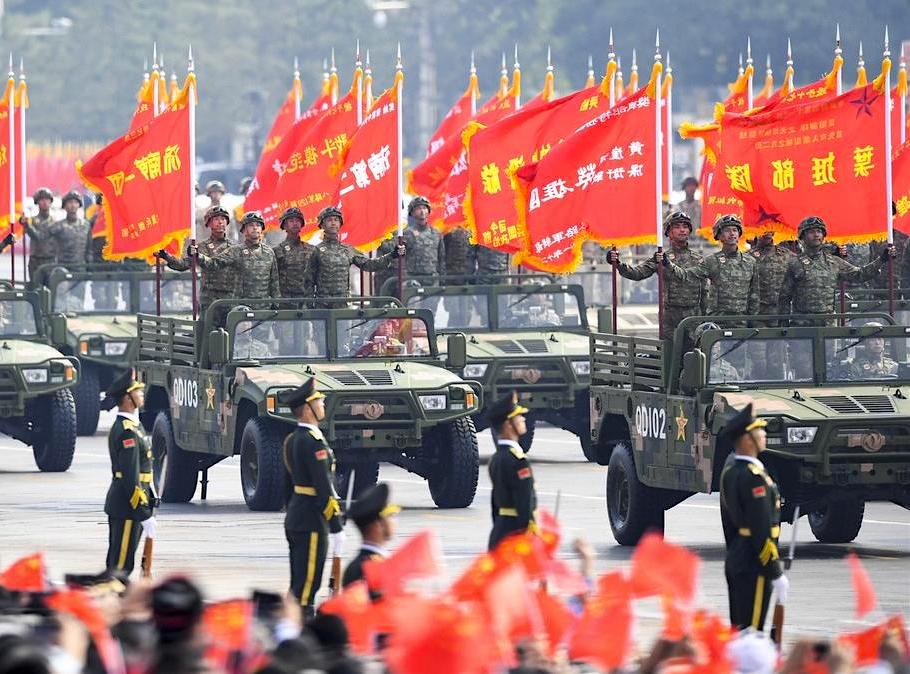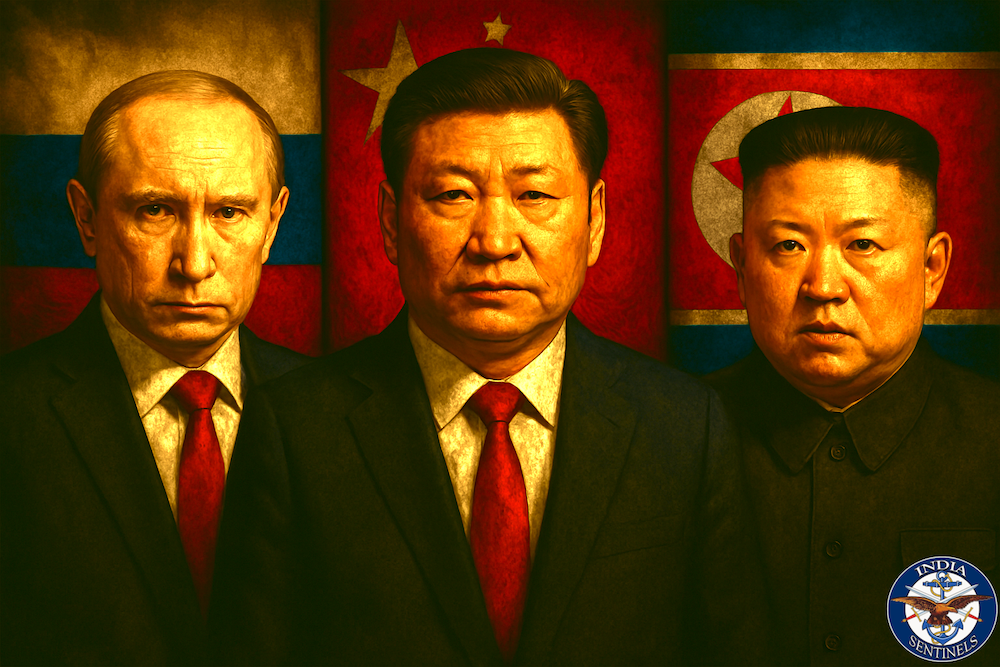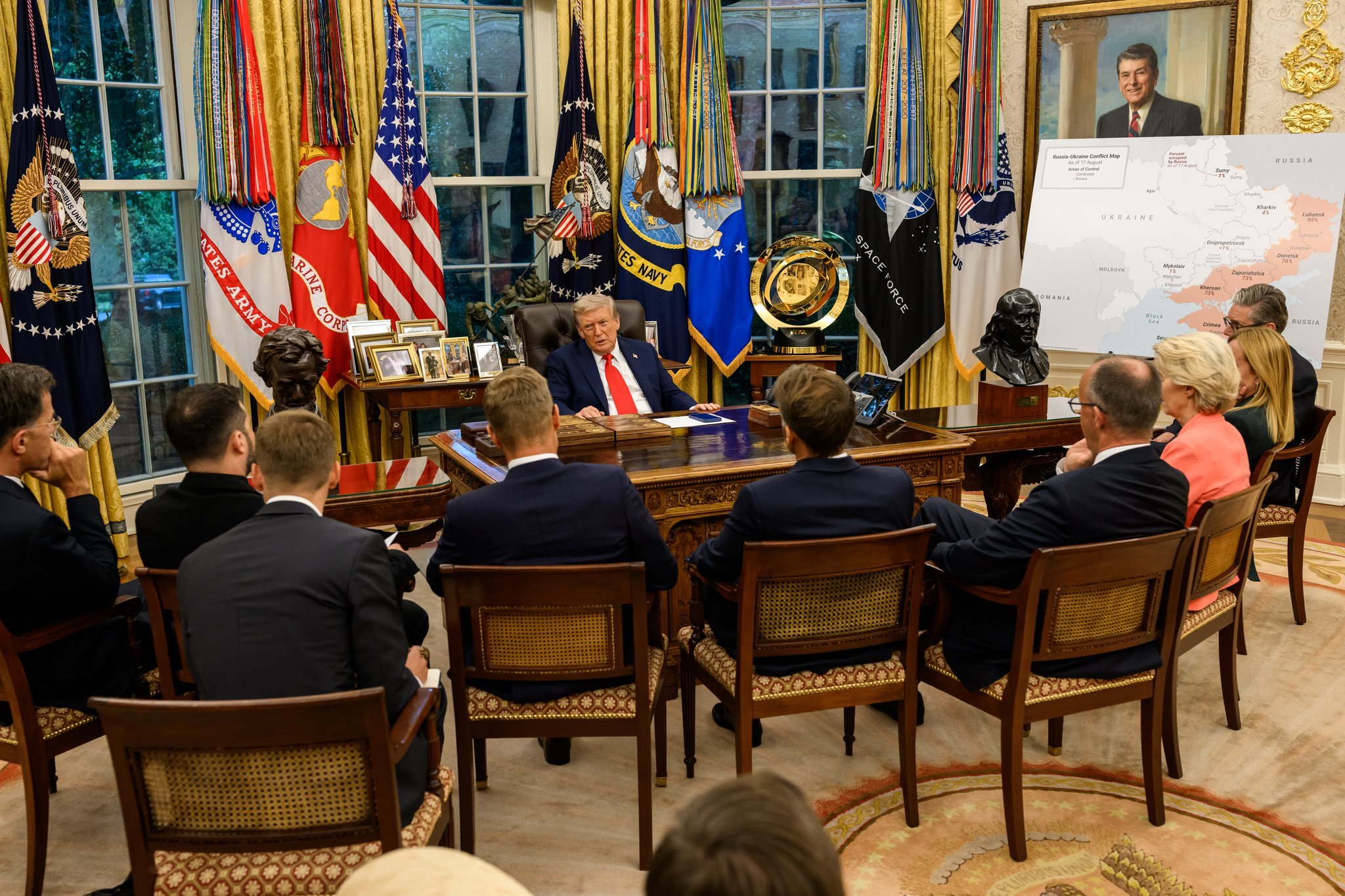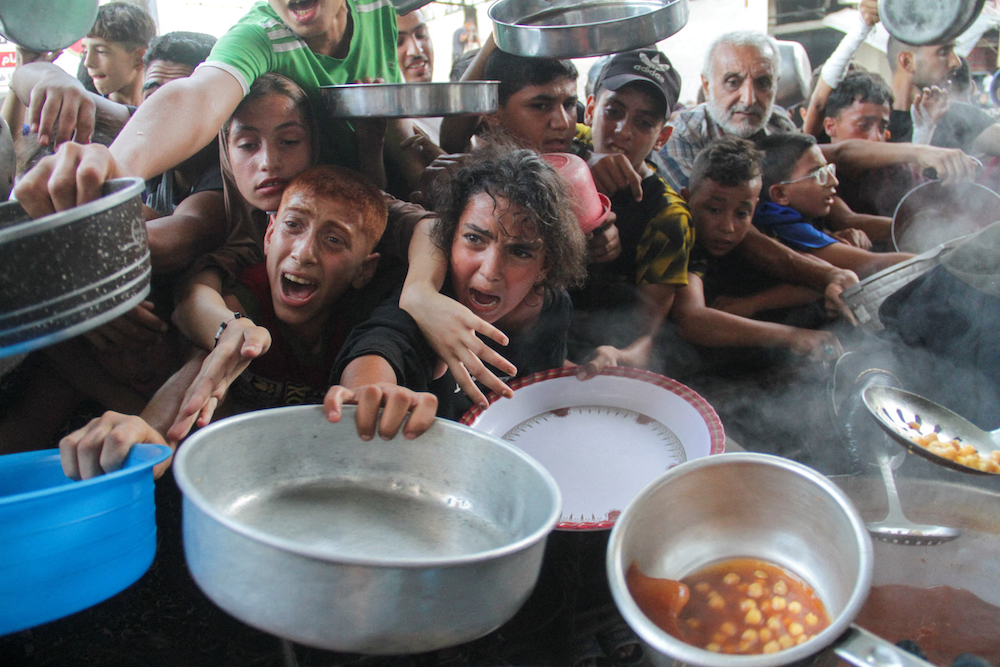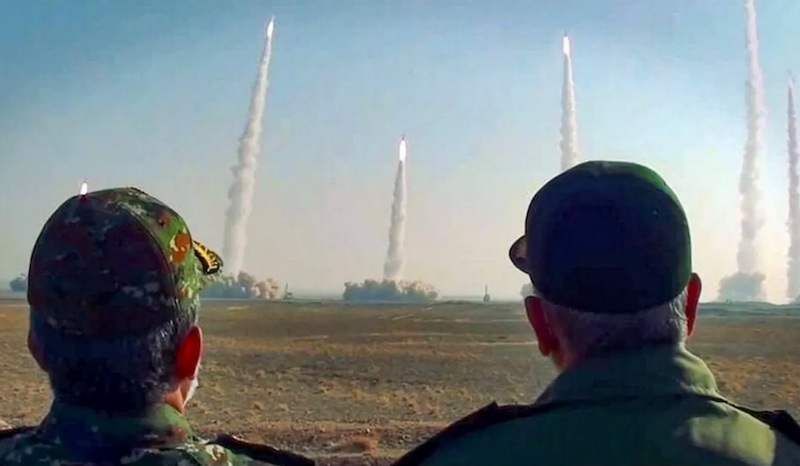 Iran military officials watching a multiple missile launch by the country. (Photo for representation.)
Iran military officials watching a multiple missile launch by the country. (Photo for representation.)
New Delhi: Iran has carried out a series of missile and drone strikes on Pakistan, targeting what it claimed were bases of a Sunni militant group that has attacked Iranian forces in the past. The attacks, which took place late on Tuesday, killed two children and wounded three others in a village in Pakistan’s Balochistan province, near the border with Iran.
In reaction, Pakistan strongly condemned the strikes as a “blatant breach” of its sovereignty and recalled its ambassador from Tehran in protest. It also asked Tehran’s ambassador to Islamabad, who is in Iran now, not to return to Pakistan.
Iran said the operation was aimed at “Jaish al-Adl” (Army of Justice), an ethnic Baloch Sunni Muslim group that operates mainly in Pakistan but has also carried out bombings and kidnappings inside Iran. Iran’s state-run Nour News agency said the attack destroyed the Pakistan headquarters of the Jaish al-Adl, while the country’s semi-official Tasnim news agency said the “focal point of this operation was the region known as Kouh-Sabz (green mountain)” in Balochistan. Tasnim further said: “Two key strongholds of the Jaysh al-Dhulm (Jaish al-Adl) terrorist group in Pakistan” were “specifically targeted and successfully demolished by a combination of missile and drone attacks”.
Iran’s foreign minister, Hossein Amir-Abdollahian, said the group was an “Iranian terrorist group” and that the strikes were an act of “self-defence”. He also said he had spoken to his Pakistani counterpart and assured him that Iran respected Pakistan’s territorial integrity.
However, Pakistan’s foreign office said the attacks were “illegal” and warned Iran of “serious consequences”. It said Islamabad had always advocated for a coordinated action against terrorism, but such unilateral acts were not conducive to good neighbourly relations and could undermine bilateral trust and confidence. It also expressed concern over the safety and security of Pakistani nationals in Iran.
In a news release, the Pakistani foreign office, quoting the country’s foreign minister, Jalil Abbas Jilani, said the incident has caused “serious damage” to bilateral ties between Pakistan and Iran, and “Pakistan reserved the right to respond” to this provocative act.
🔊: PR NO. 1️⃣6️⃣/2️⃣0️⃣2️⃣4️⃣
— Spokesperson 🇵🇰 MoFA (@ForeignOfficePk) January 17, 2024
Foreign Minister receives telephone call of the Foreign Minister of Iran
🔗⬇️ https://t.co/CogsVpEwBp pic.twitter.com/bXZeaUMlj6
The strikes came amid rising tensions in the Middle East, where Iran and its allies have been involved in a series of clashes with Israel and its partners over the ongoing conflict in Gaza. Iran has also launched missile attacks on Iraq and Syria in recent days, in response to a deadly suicide bombing claimed by the Islamic State group that killed more than 90 people in Kerman, Iran, during a ceremony to commemorate the US assassination of a top Iranian general and commander of the Quds Force, Qassem Soleimani, on January 3, 2020.
The attacks also highlighted the complex and volatile situation in Balochistan, a resource-rich but restive province that has been plagued by a separatist insurgency, sectarian violence, and cross-border militancy for decades. Baloch nationalists accuse Pakistan of exploiting their natural resources and denying them political and economic rights, while Pakistan accuses India and Afghanistan of supporting the insurgents.
Sunni extremists, such as Jaish al-Adl and the Islamic State group, have also targeted Shia Muslims, who make up a sizable minority in the province. Iran, which has a large Baloch population in its southeastern region, has also accused Pakistan of harbouring and supporting anti-Iranian militants.
The latest incident has raised questions about the future of the relations between Iran and Pakistan, which have historically been cordial but also marked by occasional tensions and mistrust. The two countries share a 959-kilometre-long border, which is often porous and insecure, and have cooperated on various issues, such as trade, energy, and security. However, they have also had differences over regional and international affairs, such as the Afghan peace process, the US sanctions on Iran, and the role of Saudi Arabia, a rival of Iran and a friend of Pakistan.
India, China react to Iran’s strikes on Pakistan
India, a close ally of Iran and a rival of Pakistan, expressed its understanding of Iran’s actions and reiterated its zero-tolerance policy towards terrorism. India’s foreign ministry said it hoped that the situation would be resolved peacefully and that the two countries would continue to cooperate in the fight against terrorism.
China, a close ally of both Iran and Pakistan, urged the two countries to show restraint and avoid actions that would escalate the situation. Beijing said it regarded both countries as close neighbours and hoped they would maintain peace and stability in the region.

